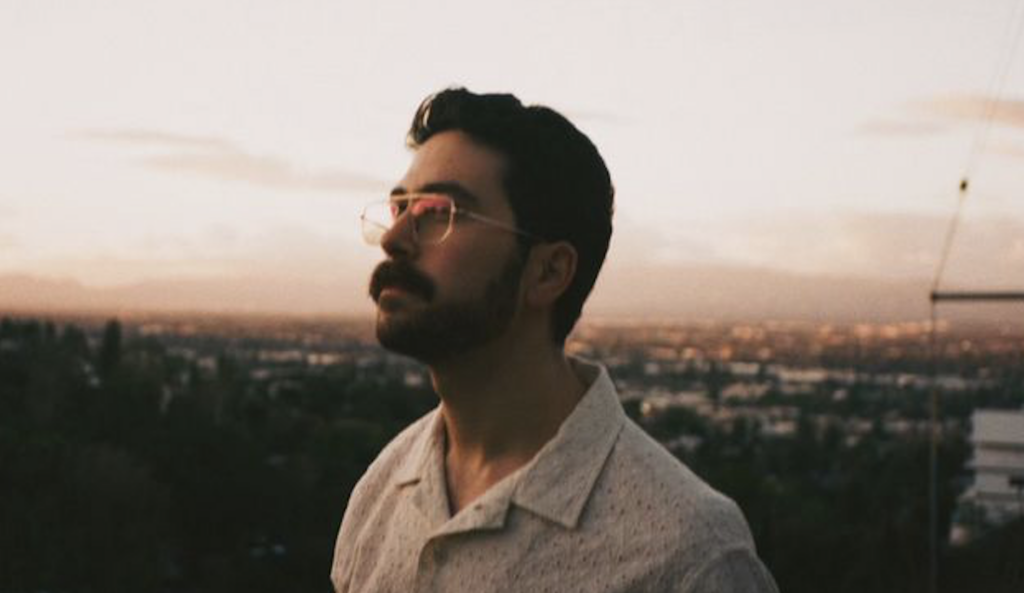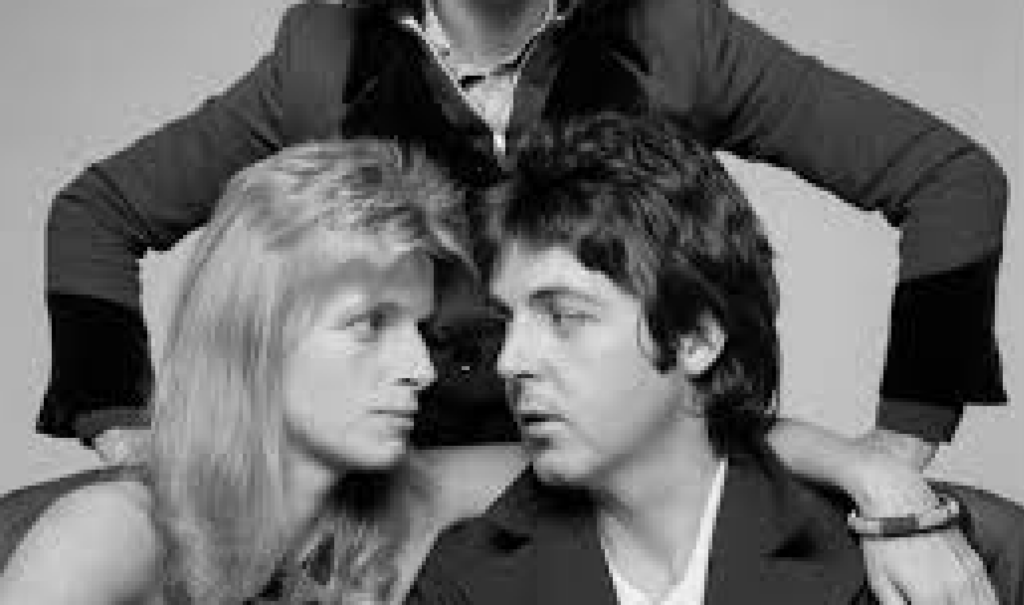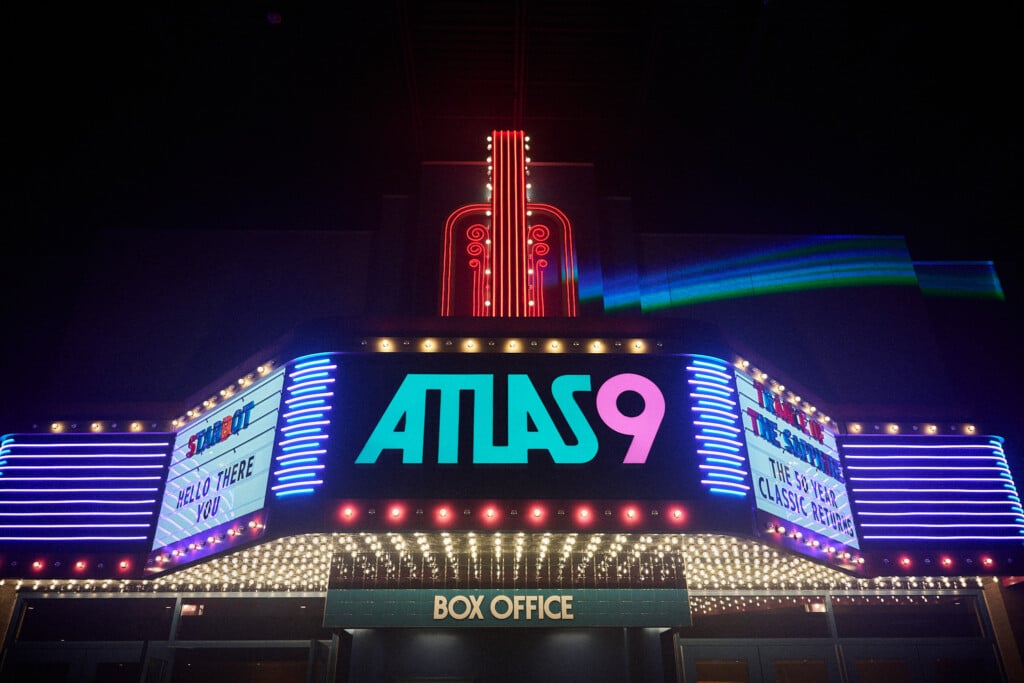Anora’s writer-director Sean Baker on sex work, endings as beginnings, and mainstream acclaim
For years, Sean Baker has made a name for himself with low-budget independent films about life on the margins. Baker’s first film, Take Out, was about an illegal Chinese immigrant working as a deliveryman in New York. 2012’s Starlet explored an unexpected friendship between two women — one younger, one elderly — in California’s San Fernando Valley. His breakout film, Tangerine, followed a pair of transwomen sex workers over 24 hours in LA, while 2017’s The Florida Project depicted the poverty-stricken lives of people living in a hotel just beyond the gates of Disney World.
Many of Baker’s films have been nominated for major awards. He’s even picked up a few. But nothing comes close to the success of his latest, Anora, which earlier this year took home the coveted Palme d’or at the Cannes Film Festival (for those unfamiliar, Bong Joon Ho’s Parasite snagged that honor in 2019 before winning the Oscar for Best Picture the following February).
Anora, like many of Baker’s movies, follows a sex worker (Mikey Madison), whose fortunes seem to turn around when she meets Vanya (Mark Eidelshtein), the spoiled son of a Russian oligarch. After a whirlwind romance and Vegas wedding, Vanya’s parents find out what their son has been up to, and they’re none too pleased.
Baker spoke to The Pitch about his influences, making films about class and labor in America, and the surreal feeling of winning the top prize at Cannes for, as he’s called it elsewhere, “a crazy-ass exploitation movie.”
Abby Olcese, The Pitch: Congratulations on winning at Cannes! How has all the positive reception for this movie felt?
Sean Baker: I’m still processing it, honestly. It’s been a wild ride that seems to keep coming! The Palme was my dream come true. At that point I was like “It’s not gonna get better,” but the universal love for the movie has been wonderful. I really thought the film would be more divisive. Now, with the announcement of nominations for the Gotham Awards… I’m just so happy it’s all happened.
As much as the topics you touch on can be gritty or divisive, or push the envelope, I feel like your movies always contain a sense of something classic or timeless, whether it’s influences like Pretty Woman in Anora, or Bicycle Thieves in The Florida Project. I know you’ve also talked before about the influence of Fellini’s Nights of Cabiria in this movie, and I also felt the influence of John Cassavetes in places. What is it about older films that speak to you? How do they find their way into these otherwise really modern stories?
I study cinema, so usually that means I’m studying the whole last century, and I love it all, even subconsciously. The Pretty Woman connection in Anora, I didn’t even realize that was in there, but my wife, Samantha, called it out. She told me when we were shooting that proposal scene, “You know, the dialogue in this is really close to this scene in Pretty Woman.” It must have been in there subconsciously somewhere, or I just had a similar sensibility with the writing of that scene.
What other influences are in this, whether conscious or subconscious?
There’s a lot of 80s comedy, which is a little odd for me, because most of my conscious influence comes from the 70s. That’s the decade I think was the best for world cinema, because we reached a level where we were making bold statements, and because of the advances in technology, everything had this standard that still resonates today in terms of what we think represents “cinema.” I always tell Drew Daniels, my cinematographer, “We’re telling a contemporary story, but I want it to look like it was made in 1974.” So yeah, Cassavetes is always in there, but there’s also bits of Coming to America and genre cinema in this movie, it’s all over the place. Nights of Cabiria is a highbrow look at sex work in film, but there’s also movies like Angel and lowbrow genre movies I’m thinking of.
Speaking of sex work, that’s become a repeat theme for you. What makes it a useful entry point into addressing the other themes — class, poverty, labor — that often show up in your movies?
Firstly, it’s a livelihood and occupation that’s been criminalized in lots of places in the world, and has this stigma applied to it. It goes hand in hand with trying to make a statement about inequality, lack of respect, etc. it ties right in. I feel that on a personal level. That was something I started to explore with Starlet. While I was doing research in that world, hearing the stories of sex workers, I learned what I wouldn’t have known from an outsider point of view, and I was recognizing that they (sex workers) have never been portrayed as real people. They’re usually side characters or caricatures.
In Starlet, it was a conscious choice to withhold what the main character did for work until halfway through the movie. We wanted to have the audience identify and root for her, before their preconceived notions of her job come into play. Like, “Should I be feeling differently? If I do, why?” It’s us questioning society’s perceptions of the work. One film has led to the next. Each one wasn’t planned, it just happened to work out that way.
Was it a conscious choice to go that route in Anora? Was that a thing you knew you wanted to do?
With Anora, for a long time it was just a Russian gangster story, and I kind of didn’t want to do that even initially. The idea of making her a sex worker came a little late in this process. I was wondering, “What’s another way of getting our protagonist in this situation, realizing she’s with the wrong man a little too late?” That home invasion scene was one of the early ideas, and we tried to figure out how to get there. Then it was, “What about a sex worker marrying the son of a Russian oligarch? It’s not a formula, wasn’t planned, it just happened this way.
So, speaking of planning, I know we’re running out of time so I thought it might be appropriate to ask you about endings — I know you’ve said they’re an important part of your process! This movie has a really memorable final shot. How much of that was part of your vision when you started? How did the rest of the film grow from that point?
Very early on, when this was still a movie about the Russian mob, we knew there’d be the home invasion scene based on what we’d heard from the mafia world. Shortly after that, we started figuring out the ending. I knew it early on, and I think that’s important. I think endings are the most important part of cinema storytelling, because the audience will be left with that when they go out into the world. I try to have endings figured out before writing the screenplay.
I looked back over the script recently, just to see how much had changed from the first draft, and the ending is something that didn’t really change at all. It was also really stressful to shoot, because I put so much pressure on myself, not only technical cues, like where the camera’s going to go and how it moves, but also in the emotional cues from the actors, and what Mikey had to do in that moment. Thank God the cast and crew were all fighting for the same thing! Everyone was in sync and understood their characters, and the impact the last scene could have.
Anora opens in Kansas City this weekend.






